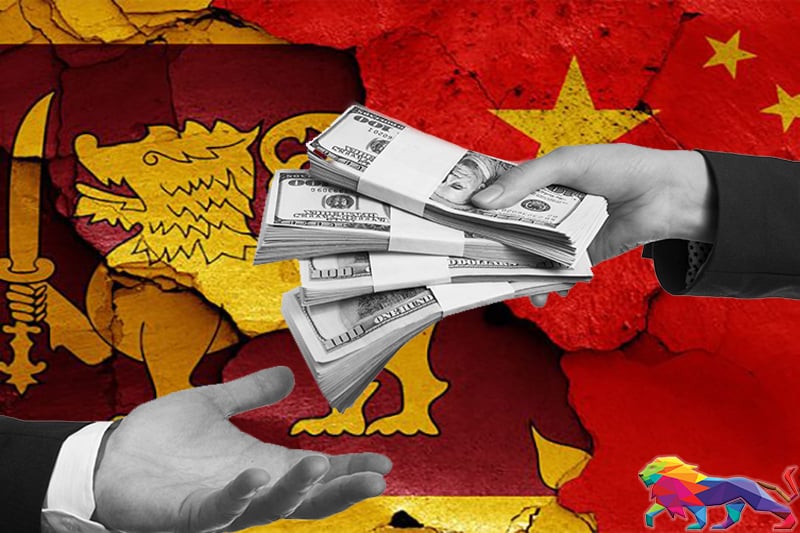Sri Lanka to Receive Largest FDI from China
Recently, Sri Lanka is set to receive its largest foreign direct investment from China, amounting to $3.7 billion for an oil refinery. This investment comes during President Anura Kumara Dissanayake’s visit to China and is integral to China’s Belt and Road Initiative (BRI). The project raises concerns regarding potential debt traps and regional geopolitical tensions, particularly with India.
Investment Details
- China’s Sinopec will build the refinery with a capacity of 200,000 barrels per day.
- The agreement was signed between Sri Lanka’s Ministry of Energy and Sinopec.
- The project aims to meet domestic fuel demand and generate foreign currency through exports.
Geopolitical Context
The refinery is located near the strategic Hambantota port, previously leased to China for 99 years. This location heightens regional tensions, as India views Chinese influence in Sri Lanka as a direct threat to its interests in the Indian Ocean.
Debt Trap Concerns
Sri Lanka has faced financial challenges, partly due to debts incurred from Chinese loans. The Hambantota port deal is often cited as a classic example of a “debt trap,” where countries lose control of assets due to inability to repay loans.
India’s Counter Strategies
India has responded to China’s growing influence by proposing its own energy projects, including a $1.2 billion fuel pipeline to Trincomalee. Indian Oil Corporation is fuel supplier in Sri Lanka, holding a 20% market share.
Sinopec’s Market Strategy
Sinopec aims to dominate the Sri Lankan market by prioritising domestic sales over exports. The company has also launched a fuel import and distribution business in Sri Lanka, further solidifying its presence.
Sri Lanka’s Balancing Act
Sri Lanka seeks to balance its relationships with both China and India. The government has engaged in various agreements with India, including leasing an oil tank farm and extending licenses to Indian companies.
Historical Context
Sri Lanka’s economic crisis in 2023 led to a default on $46 billion in foreign debt. Past Chinese investments have resulted in commercial failures, raising concerns about Sri Lanka’s dependency on Chinese financing.
Future Implications
The outcome of this investment will impact Sri Lanka’s economy and its geopolitical stance in the Indian Ocean region. The nation’s leadership aims to navigate the complex relationship between its two powerful neighbours, China and India.
Month: Current Affairs - January, 2025
Category: International / World Current Affairs








